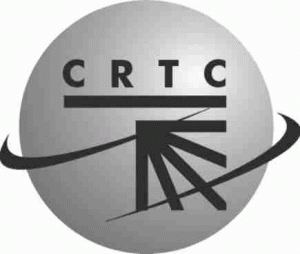Edmond Mak, a fellow classmate posted an interesting blog on the importance of accounting. It seems that there are a never-ending number of cases involving fraudulent financial reporting. Enron, WorldCom, and Tesco highlight the corruption and greed of corporate management. However, the blame is not just on developing better accounting standards. The external auditors should share the blame.
The purpose of financial accounting is to provide relevant, timely, and useful information to external stakeholders. By requiring all reporting companies to comply with one set of rules or standards, we can ensure that users are getting relevant information. Accounting standards allow the financial market to compare one company’s performance and financial strength against another. However, if management is determined to manipulate and fraudulently state their financial statements, accounting standards alone will not bring this to light. This is why publicly traded companies are required to have their financial statements audited. The role of the external auditor is to measure the compliance of the company’s financial statements against the standards to which it is required to follow. Auditors are independent from management and do not serve the corporation.
Even though Edmond highlighted the importance of accounting standards, the elimination or reduction of accounting fraud requires auditors to set up and protect the public.





